The 2025 Legal Ops Playbook with Brightflag’s Kevin Cohn & Priori’s Matt Wheatley

The 2025 Legal Ops Playbook with Brightflag’s Kevin Cohn & Priori’s Matt Wheatley
Key Insights
1. Clarity Is the New Legal Superpower
Kevin and Matt argue that legal influence comes from simplicity, not complexity. The fastest-moving companies cannot afford dense memos or abstract warnings.
Legal wins trust by explaining:
what matters, why it matters, and what the business can realistically do next.
Teams that can’t distill risk into action items end up being ignored.
In high-velocity companies, clarity = speed, and speed = value.
2. Modern Legal Teams Operate Like Internal Consultants
The traditional “service desk legal team” is disappearing.
Kevin and Matt push for a model where legal is embedded in product, sales, ops, and strategy. That means:
joining product conversations early, shaping deals instead of rubber-stamping them,
designing workflows hand-in-hand with cross-functional partners, and adding context, not just approval.
In their view, legal teams that wait for tickets “show up too late to help.”
The highest-performing orgs treat legal like a strategy partner, not a QA layer.
3. AI Is Changing the Work — Judgment Becomes the Value
AI won’t eliminate legal teams — it will eliminate the teams who refuse to use it.
Kevin and Matt see drafting becoming commoditized. What remains valuable is:
good judgment, fast decision-making, understanding of business context,
and the ability to frame choices quickly.
AI becomes the accelerator, not the replacement.
The new legal team is one that uses AI to move faster and to improve decision quality.
4.The Best Legal Teams Don’t Slow Things Down — They Increase Momentum
A theme throughout the discussion: legal shouldn’t be the brake.
Kevin and Matt emphasize that legal’s job is to help ideas ship, not to guard the door.
They describe legal as a partner who “helps make things happen responsibly,” not someone who asks, “Is this allowed?” from the sidelines.
This is how legal earns credibility with product and sales — by being seen as the team that supports velocity.
5. The Future GC Is Cross-Functional
The next generation of legal leaders will be successful because they:
understand product deeply, can speak in business outcomes, adopt AI as part of their workflow, build processes that scale,
and earn influence by enabling, not blocking.
Kevin and Matt call this the “blended GC” — part lawyer, part operator, part communicator.
6. Closing Insight
The modern GC is a communicator first, operator second, and lawyer third.
Kevin and Matt’s message is clear: those who master clarity, collaboration, and AI will define the next era of in-house leadership.
In this podcast, we cover
0:00 Introduction
3:18 Working with customer advisory boards
12:52 Are there too many legal ops conferences?
20:37 Connecting GCs and legal ops professionals
35:55 Analyzing survey data
41:41 Do you need a JD?
48:19 Thoughts on hiring
54:23 AI in the legal landscape
59:44 Market consolidation
1:06:28 Rapid-fire questions

.svg)








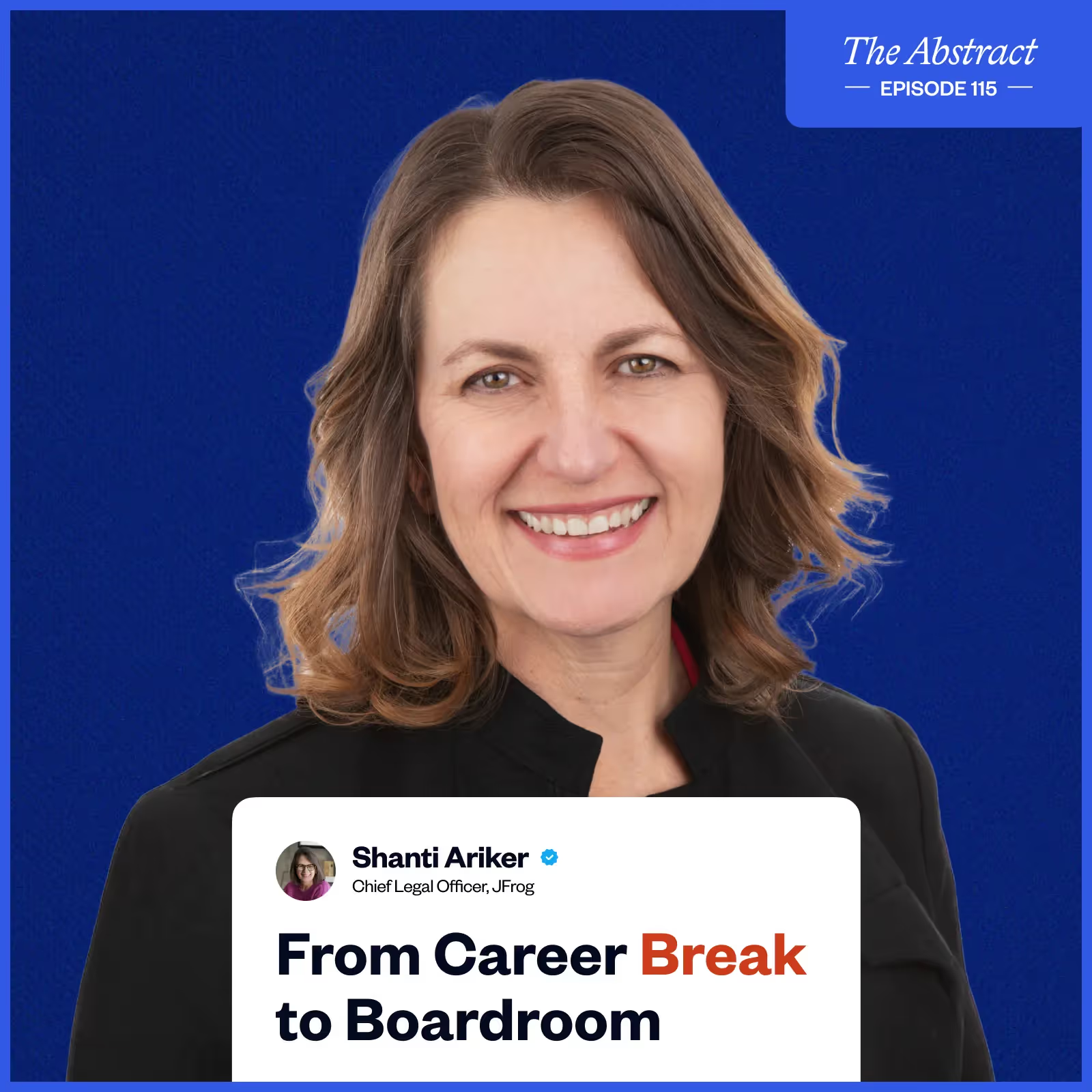
.svg)
.svg)




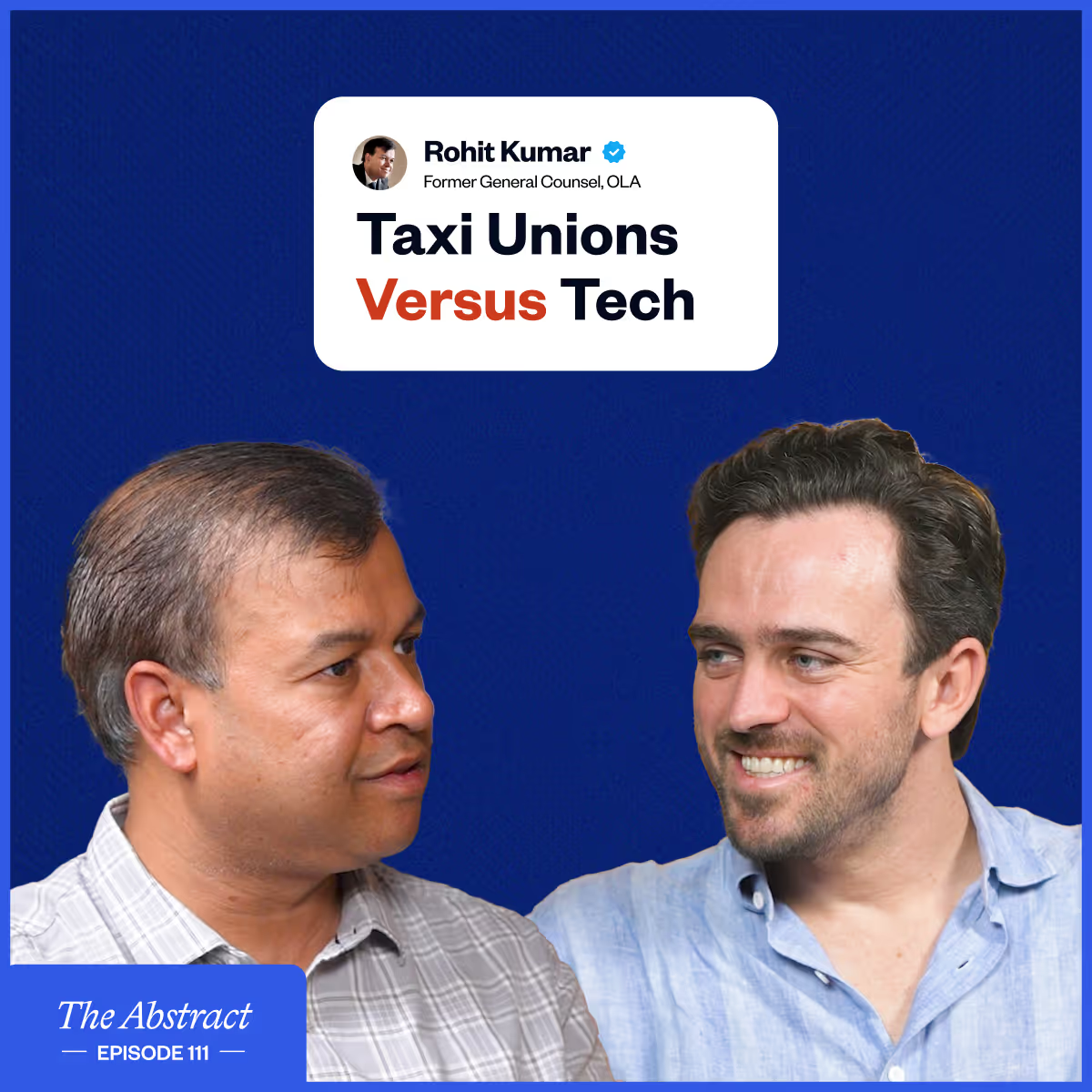
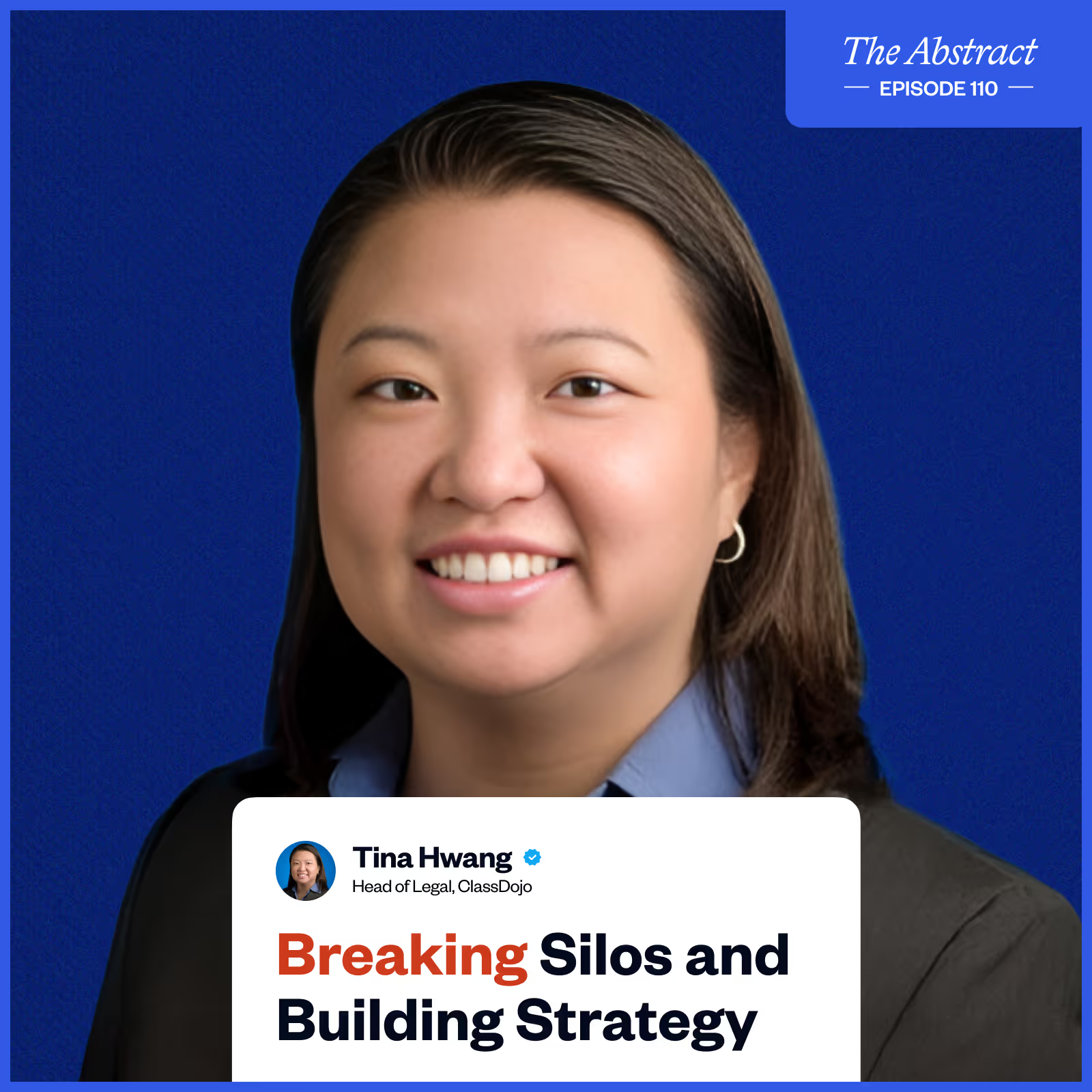
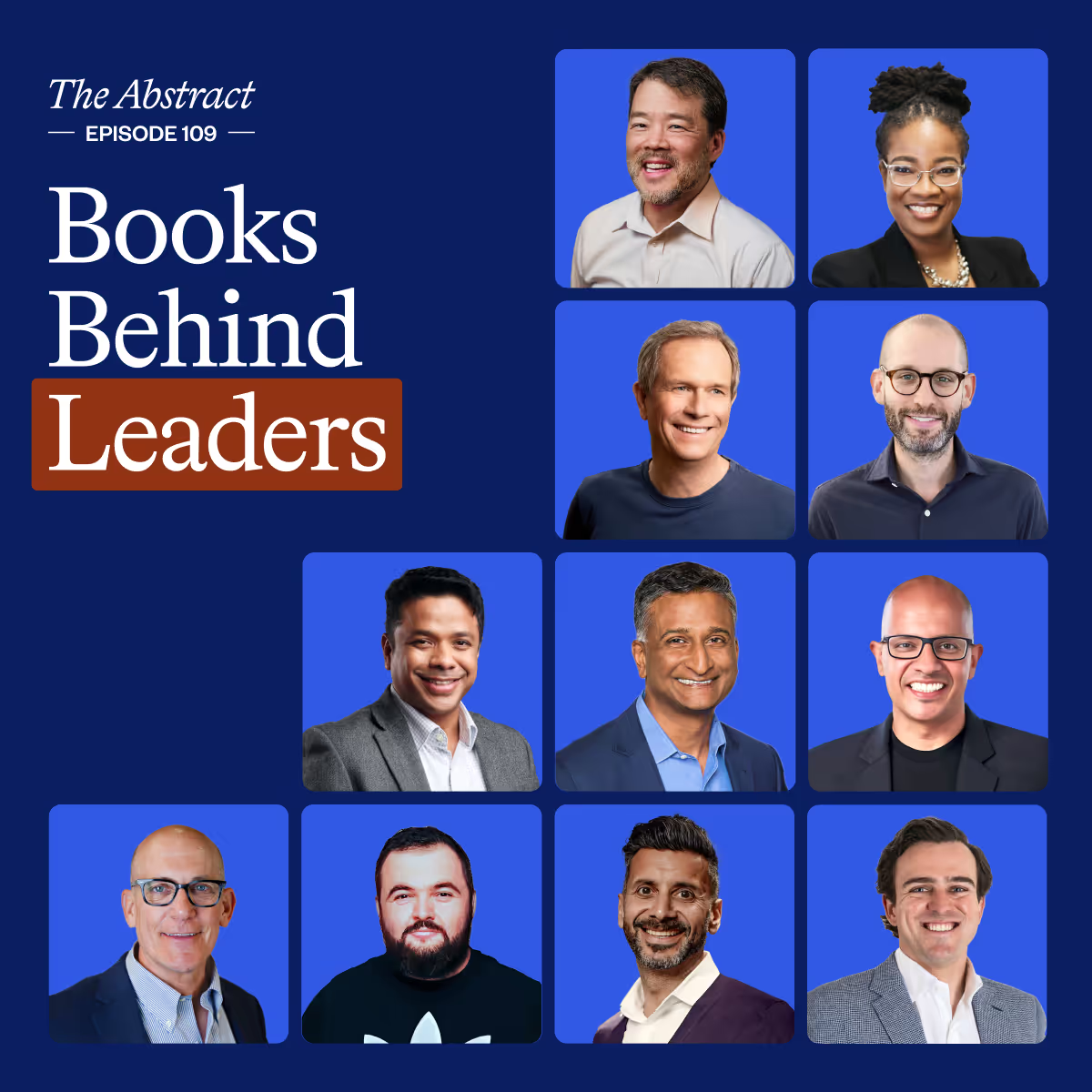

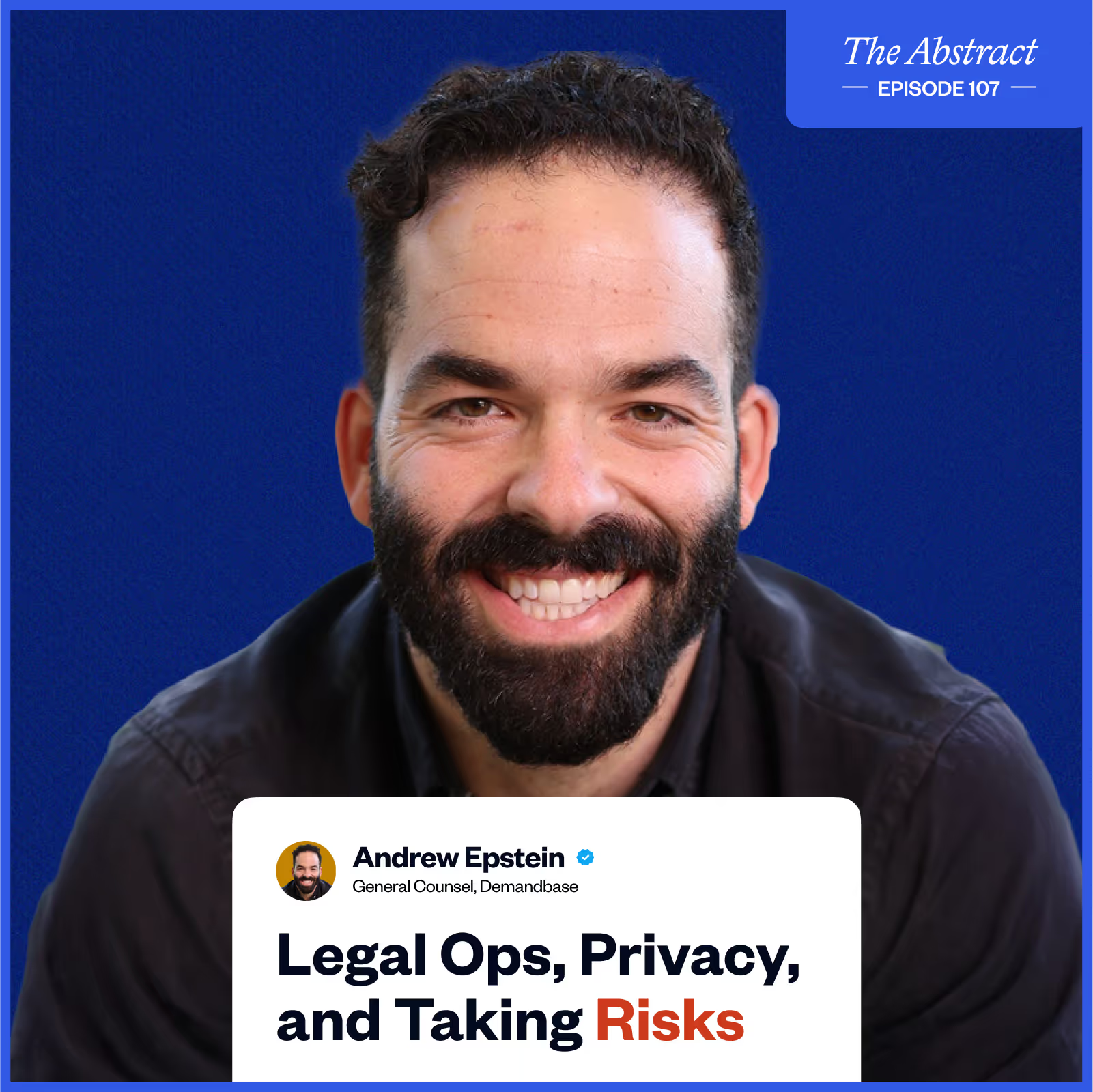


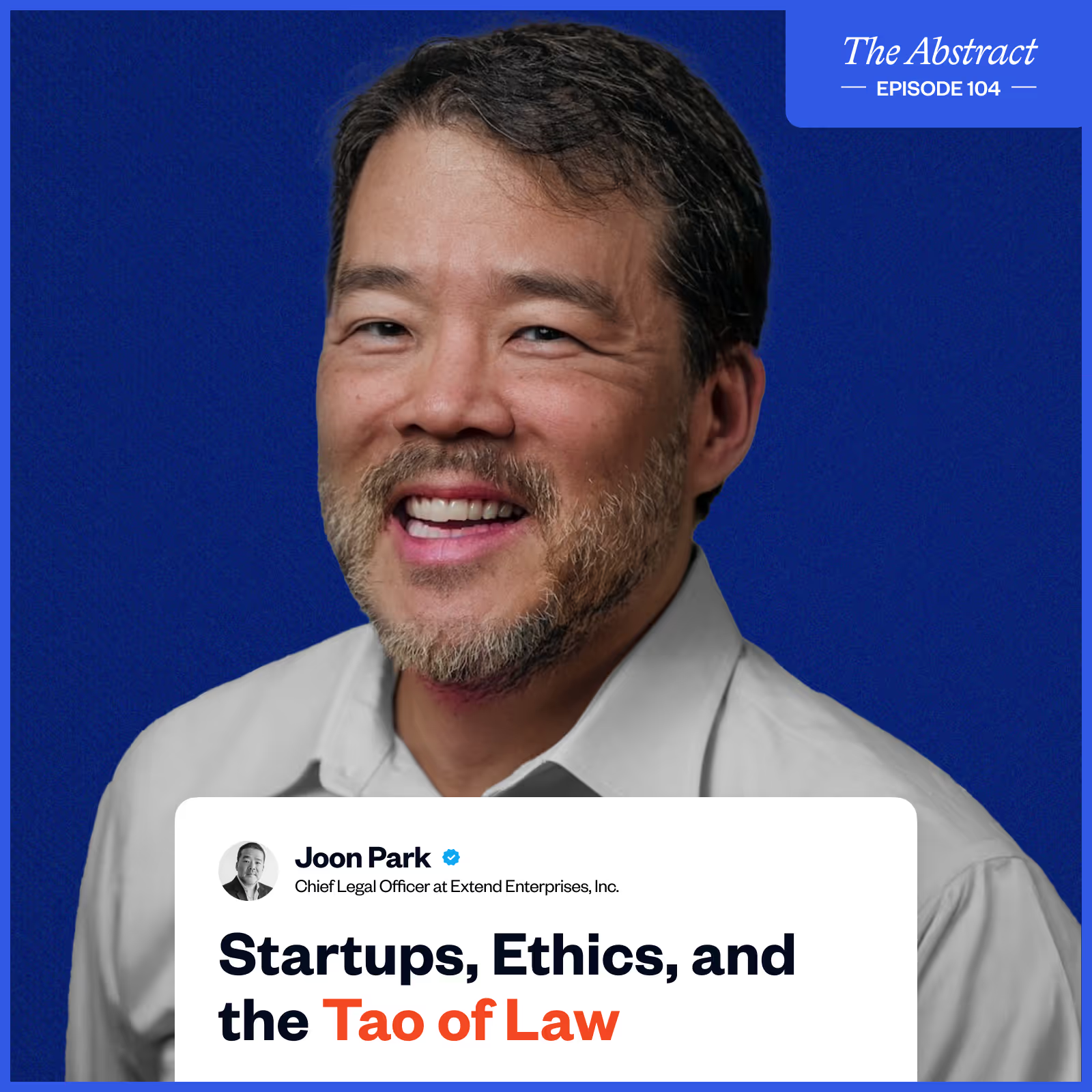

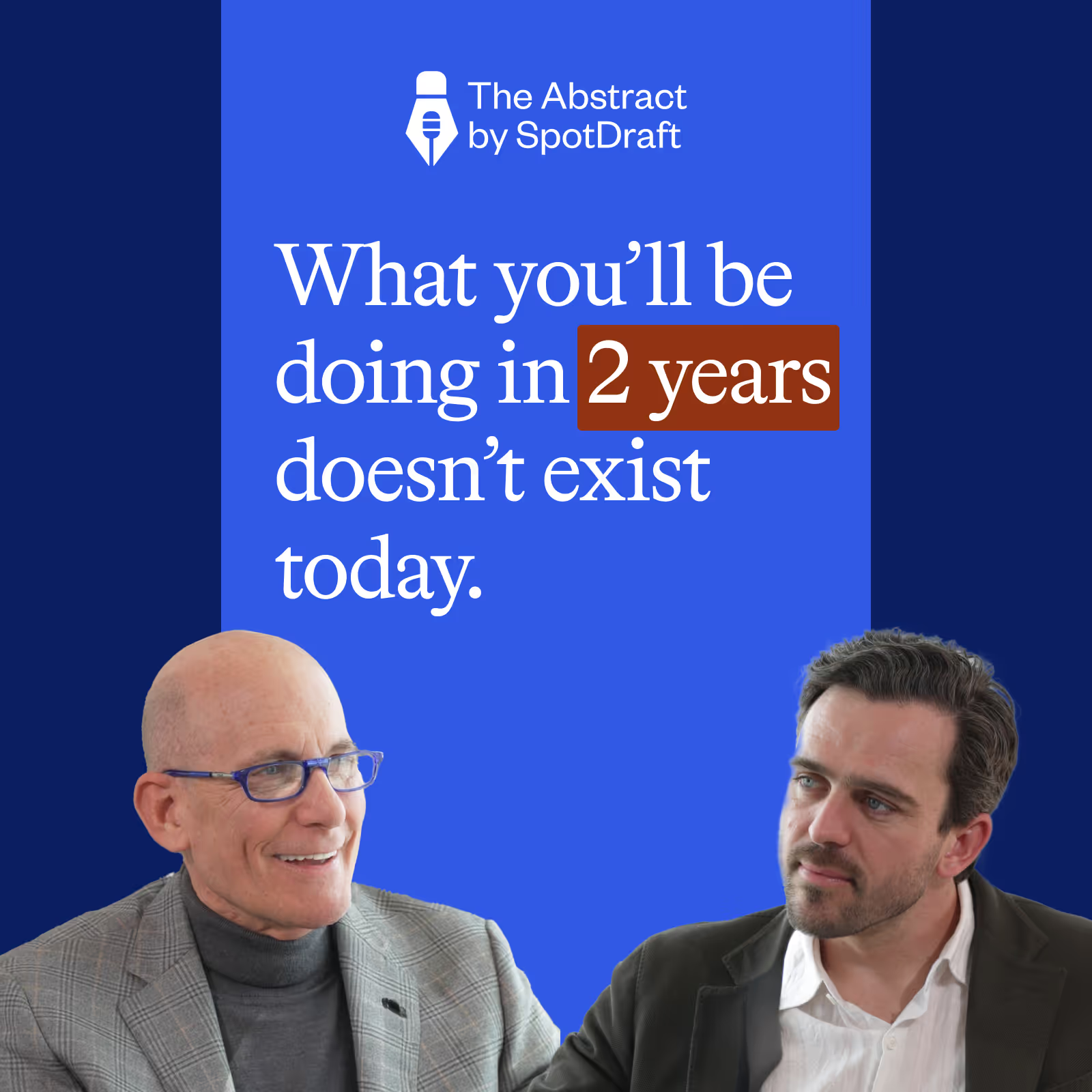
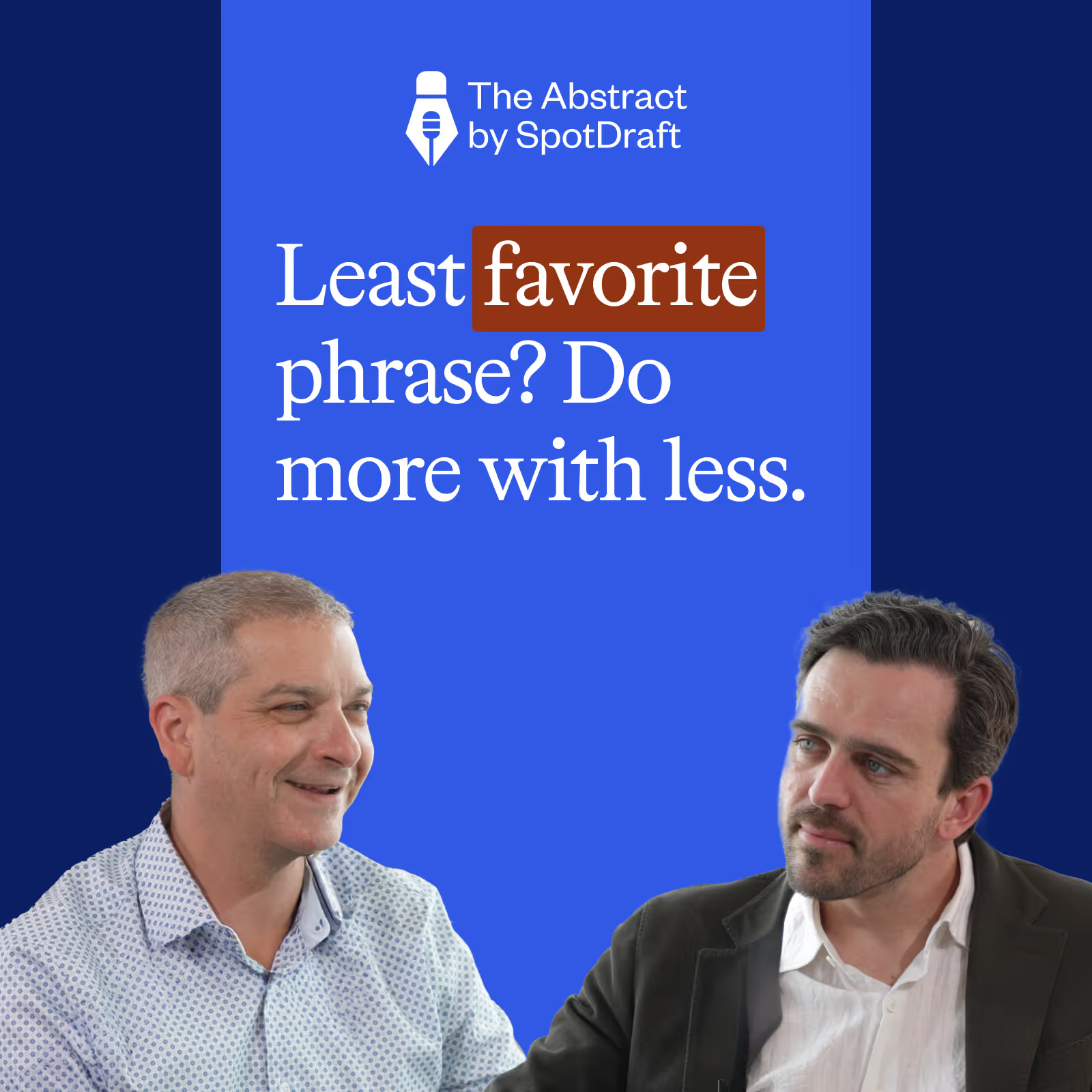


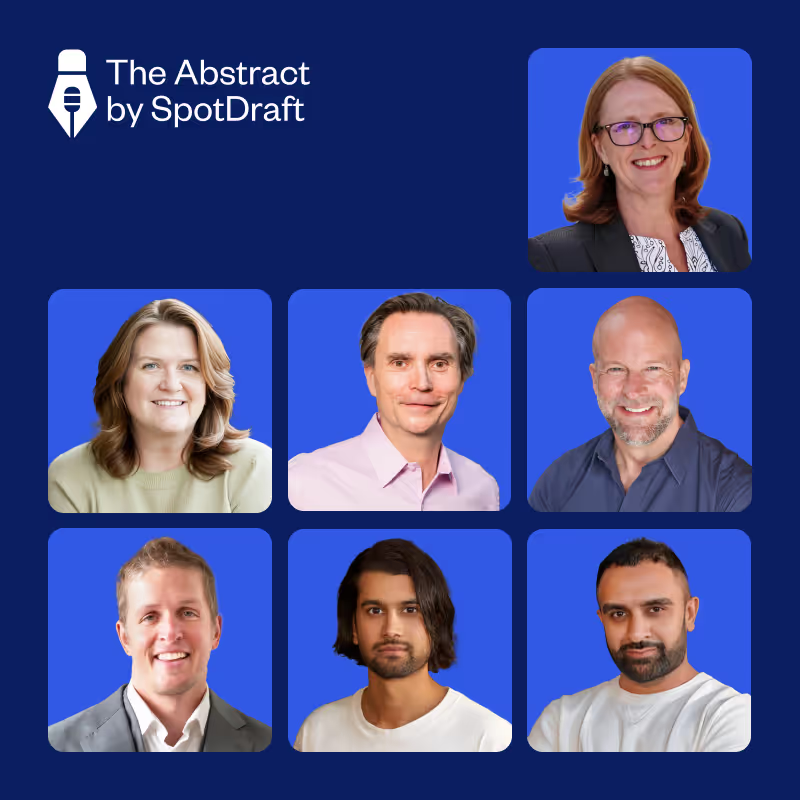



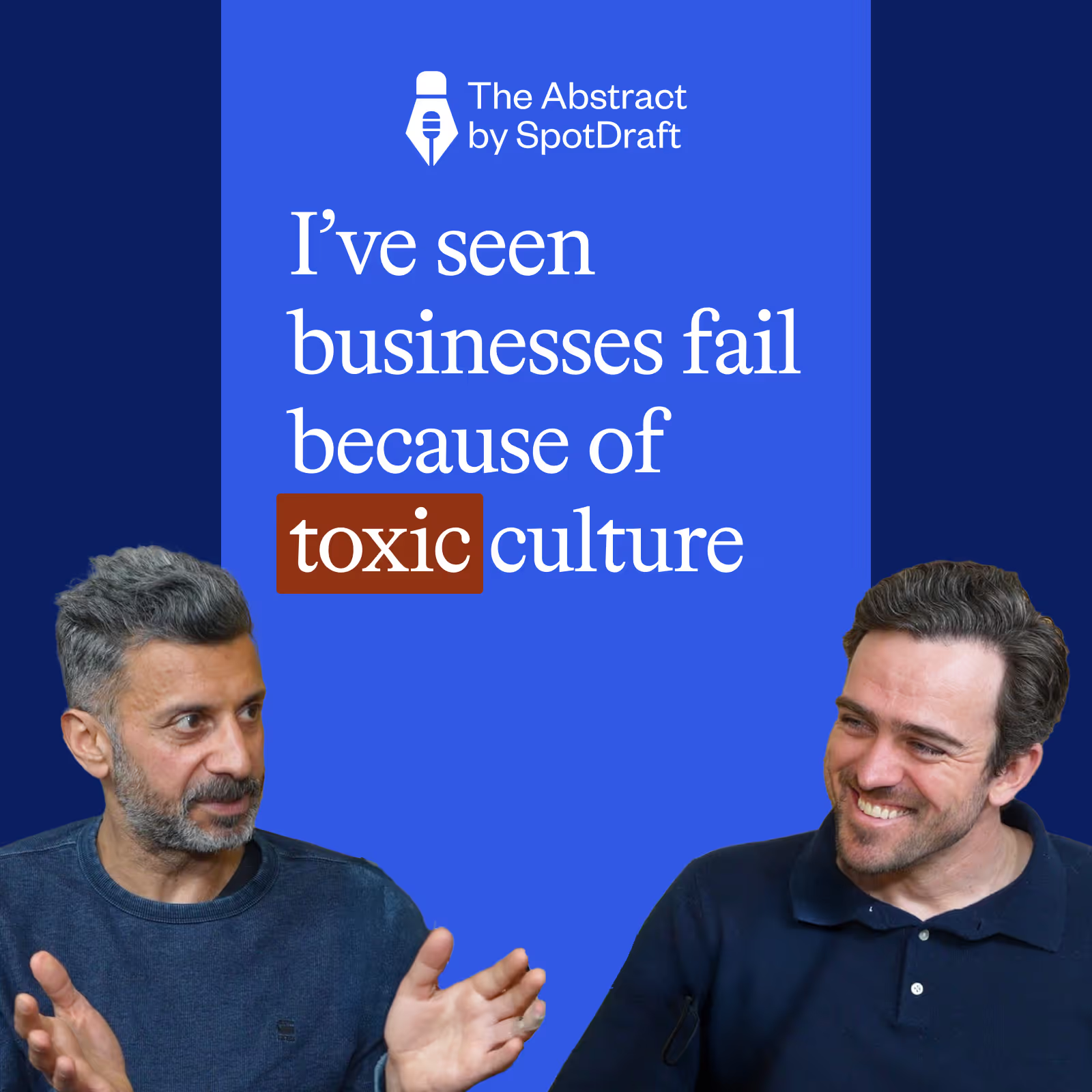
















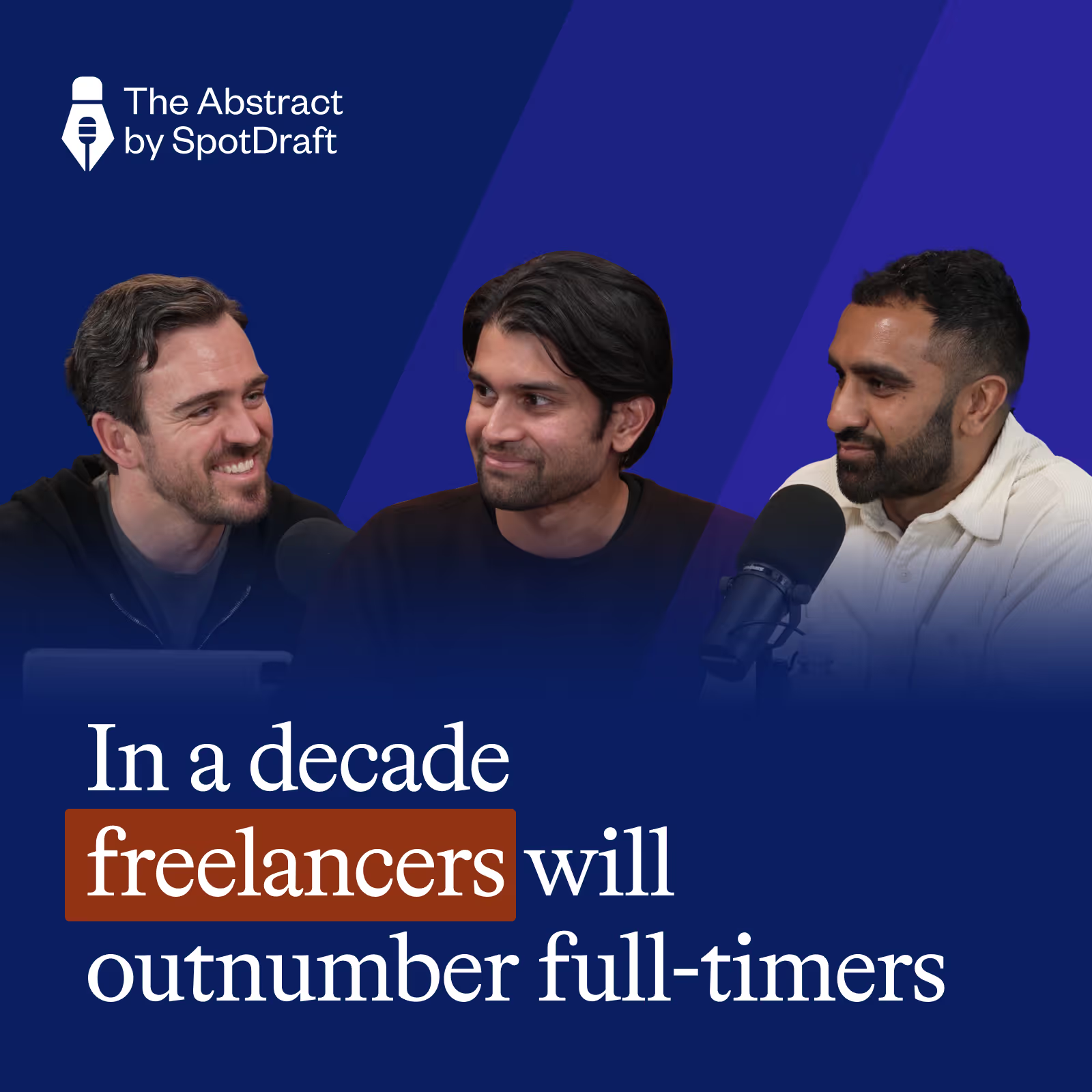











































.avif)







.avif)








